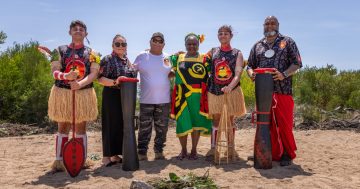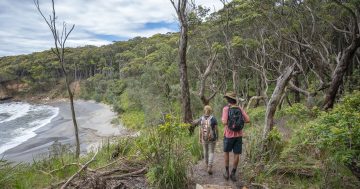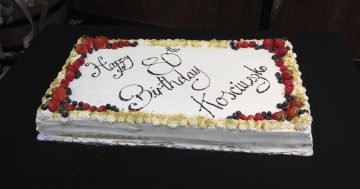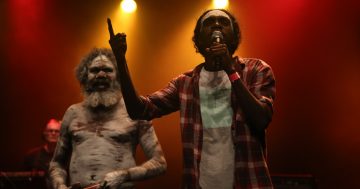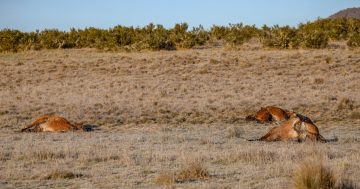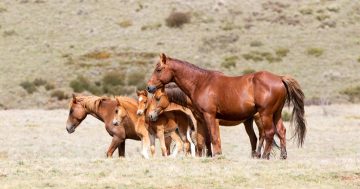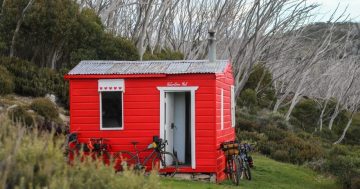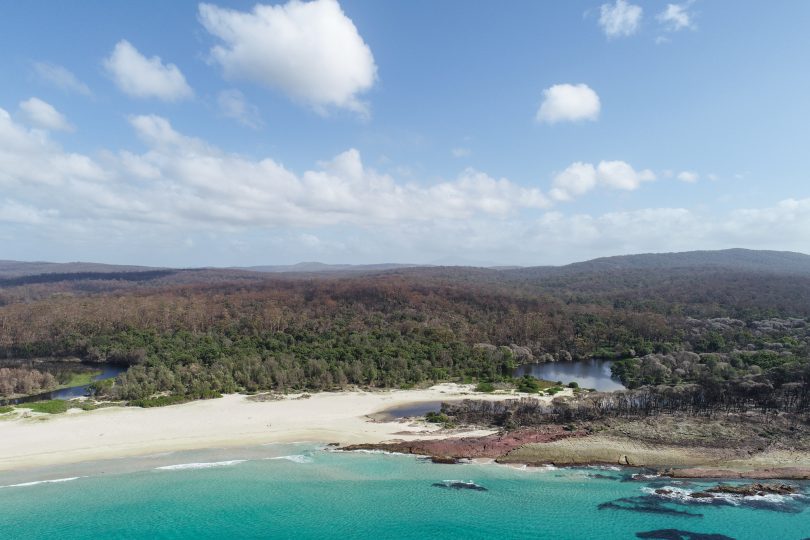
The renaming of the Ben Boyd National Park will celebrate ancient Aboriginal culture. Photo: Flying Parrot.
Ben Boyd National Park near Eden will be renamed in the language of Traditional Custodians, recognising the Aboriginal cultural heritage of the area.
The decision follows requests from local Aboriginal communities to rename the 8900-hectare park due to Ben Boyd’s association with ‘blackbirding’, a practice that involved the coercion of people through deception or kidnapping to work as slaves or poorly paid labourers.
The NSW National Parks and Wildlife Service last year engaged an independent historian, Dr Mark Dunn, to provide a report on the history of Ben Boyd on the NSW South Coast.
Dr Dunn’s report confirms Ben Boyd’s involvement in ‘blackbirding’, which was viewed by many as a form of slavery.
The report found that in the early 19th century, Boyd took people from the islands of what is now Vanuatu and New Caledonia to work on his pastoral stations in New South Wales.
Part of finalising the report involved consultation with local Elders, Aboriginal community representatives and Australian South Sea Islander representatives, as well as Port Jackson and Bega Valley Shire Council.
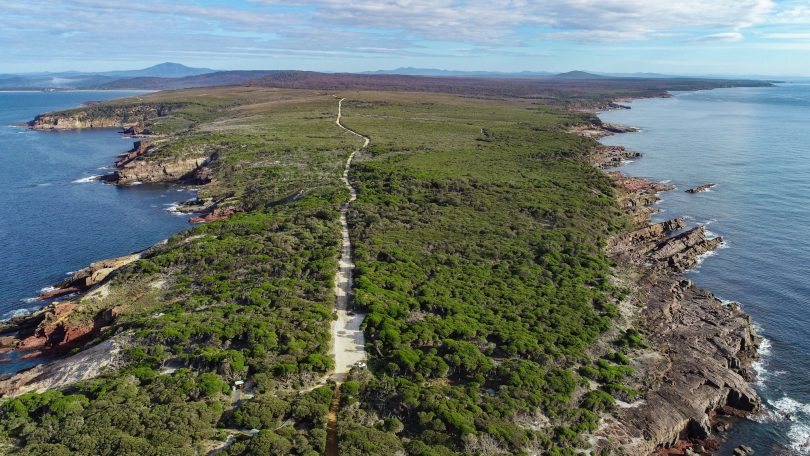
The Ben Boyd National Park covers an area north and south of Twofold Bay at Eden. Photo: Flying Parrot.
Environment Minister Matt Kean says renaming the park will not only celebrate ancient Aboriginal culture but also recognise its importance to Aboriginal people in recent history.
“It is time to acknowledge the real history of Ben Boyd and remove his name from the national park that continues to hold enormous cultural significance for Aboriginal people,” Mr Kean said.
“It is clear from the expert historical analysis that Ben Boyd’s association with ‘blackbirding’ should not be reflected or celebrated in any way in our National Parks.
“There are many people from NSW’s early history who are worth remembering and celebrating, but it is clear from this historical analysis that Ben Boyd is not one of them.”
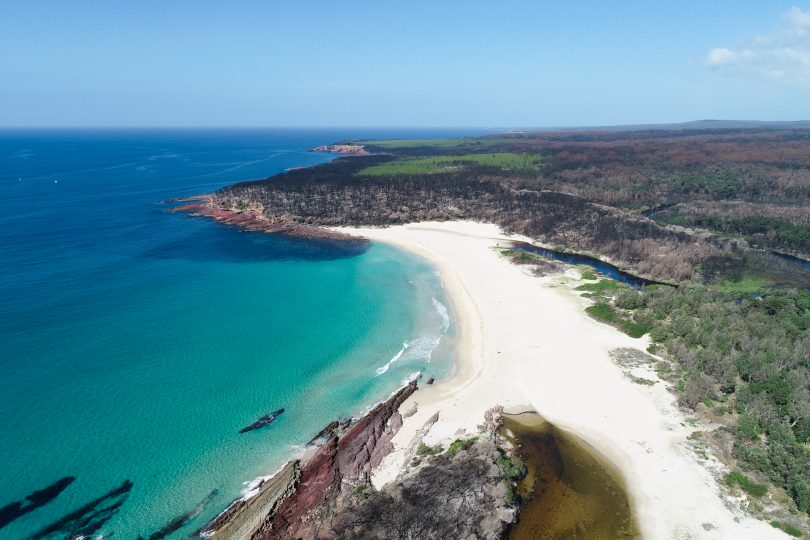
Ben Boyd National Park will soon be renamed. Photo: Flying Parrot.
The next step is to work with local Elders and Aboriginal community representatives to decide on a new name for the park to reflect traditional language. Consultation on a new name is expected to start in the coming weeks.
On agreement, National Parks and Wildlife Service will present the proposed new name to the Geographic Names Board, seeking approval and gazettal of the new name.
The decision follows the NPWS Parks Name Policy that new park names should come from Aboriginal communities. Restoring Aboriginal place names celebrates and recognises the region’s ancient Aboriginal culture and reinstates its importance over recent history.
Established in 1971, the park is home to more than 50 recorded Aboriginal sites, including middens, rock shelters, campsites and long-distance travel routes. These cultural sites continue to provide the local Aboriginal community with traditional and spiritual links to this part of their Country.
Original Article published by Katrina Condie on About Regional.












